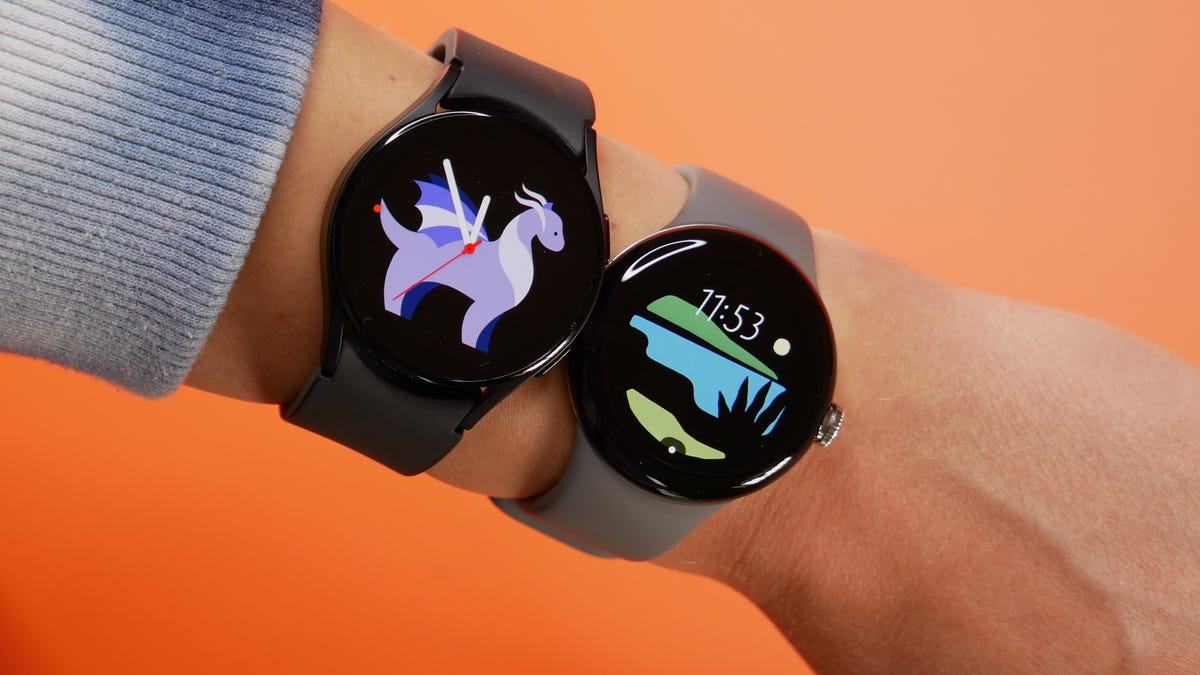Smartwatches currently offer an abundance of health and wellness data, ranging from sleep quality to body temperature fluctuations. However, in 2024, major tech players such as Apple, Samsung, and Google are poised to elevate health tracking capabilities to new heights.
By introducing novel metrics and AI-driven tools for analyzing wellness information, smartwatches are evolving into advanced health companions. For instance, Apple is reportedly working on Apple Watch functionalities to monitor conditions like sleep apnea and high blood pressure. Similarly, Google’s Fitbit is exploring the use of generative AI to provide insights into athletic performance.
While AI integration in smartwatches is not a novel concept, the upcoming year is expected to witness a significant surge in AI implementation, driven by advancements in generative AI technology. This trend, already prevalent in search engines and productivity tools, is likely to permeate smartwatches, enhancing their functionality.
Anticipated developments in 2024 include enhanced AI features across Android and iOS platforms. Fitbit’s upcoming Fitbit Labs initiative will leverage generative AI to offer detailed insights and answer user queries regarding activity data. Apple is also delving deeper into AI-assisted health tracking, with plans to introduce a digital health coach utilizing Apple Watch data for personalized advice.
Samsung, too, is exploring AI integration, as evidenced by the Galaxy S24 series supporting Galaxy AI. While specific details about Samsung’s AI-focused direction for future Galaxy Watches remain undisclosed, the company’s executives have hinted at the potential for enhanced AI features in their smartwatch lineup.
In addition to AI advancements, smartwatches in 2024 are expected to introduce new health metrics and insights, utilizing existing sensors to provide more comprehensive health data. Apple and Samsung are reportedly working on features such as blood pressure monitoring and sleep apnea detection to offer users valuable health information.
Furthermore, design enhancements are on the horizon, with Apple rumored to revamp the Apple Watch with a thinner profile and new magnetic bands. Google is also speculated to introduce two size options for the Pixel Watch 3, catering to diverse user preferences.
Moreover, the emergence of smart rings, exemplified by Samsung’s Galaxy Ring, signifies a shift towards more discreet health tracking alternatives. These compact devices, though not as feature-rich as smartwatches, appeal to users seeking minimalist health monitoring solutions.
As smartwatches continue to evolve incrementally, the integration of AI technologies by industry leaders like Apple, Samsung, and Google is poised to drive significant transformations in wearables, setting the stage for future innovations in the realm of health and wellness tracking.










